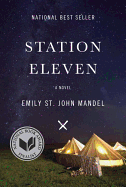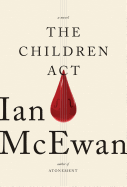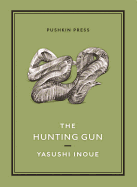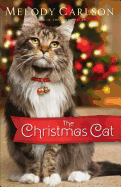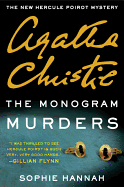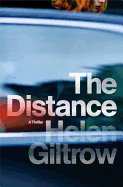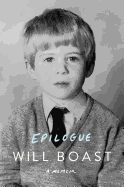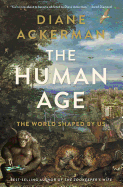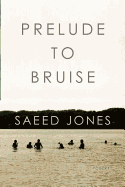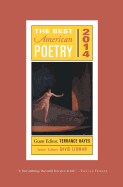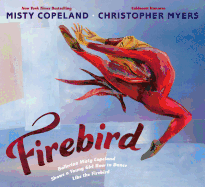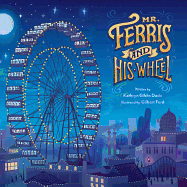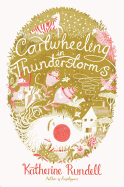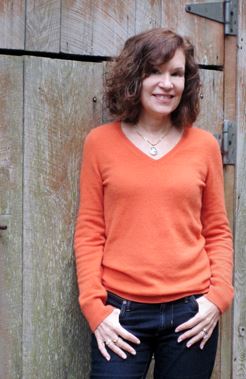 Following many years of reporting for and editing magazines, including serving as editor-in-chief of McCall's, Sally Koslow has written four novels and one nonfiction book, Slouching Toward Adulthood. Her work has been published in a dozen languages and her novel The Late, Lamented Molly Marx was a Target Book Club Pick. Koslow's essays have been published in the anthologies Dirt: The Quirks, Habits, and Passions of Keeping House and Wedding Cake for Breakfast, as well as in Real Simple, More, O Magazine, the New York Times and elsewhere. Her newest novel is The Widow Waltz (Plume, June 13, 2014). Koslow teaches creative writing at the Writing Institute of Sarah Lawrence College and elsewhere in the New York City area, where she is an independent writing coach.
Following many years of reporting for and editing magazines, including serving as editor-in-chief of McCall's, Sally Koslow has written four novels and one nonfiction book, Slouching Toward Adulthood. Her work has been published in a dozen languages and her novel The Late, Lamented Molly Marx was a Target Book Club Pick. Koslow's essays have been published in the anthologies Dirt: The Quirks, Habits, and Passions of Keeping House and Wedding Cake for Breakfast, as well as in Real Simple, More, O Magazine, the New York Times and elsewhere. Her newest novel is The Widow Waltz (Plume, June 13, 2014). Koslow teaches creative writing at the Writing Institute of Sarah Lawrence College and elsewhere in the New York City area, where she is an independent writing coach.
On your nightstand now:
At the moment I'm reading for two book clubs. One chooses works that have stood the test of time: currently, Moon Tiger by Penelope Lively. The second, newly formed, is all Manhattan writers committed to discussing recently published books, starting with The Flamethrowers by Rachel Kushner. I like to read beyond book club choices, though. The Other Typist by Suzanne Rindell is gathering momentum. Next up are A Tale for the Time Being by Ruth Ozeki, The Signature of All Things by Elizabeth Gilbert, Almost English by Charlotte Mendelson and Astonish Me by Maggie Shipstead. I also have manuscripts to read in order to write blurbs for other authors. My nightstand may topple.
Favorite book when you were a child:
I loved many of the books my grade-school teachers in Fargo, N.Dak., read aloud. Most memorable were Bartholomew and the Oobleck and If I Ran the Zoo by Dr. Seuss, Caddie Woodlawn by Carol Ryrie Brink and the Mrs. Piggle-Wiggle series by Betty MacDonald. I read The Secret Garden by Frances Hodgson Burnett again and again, paving the way for Jane Austen. And like every other female writer who identifies with Jo: Louisa May Alcott's Little Women.
Your top five authors:
Edward St Aubyn, Edith Wharton, F. Scott Fitzgerald, Oscar Wilde and, not least, Mary Cantwell, author of the memoirs American Girl, Manhattan, When I Was Young and Speaking with Strangers. I started my post-college work life at Mademoiselle magazine where--lucky me--Mary top-edited my bumbling efforts. I can imagine her marginal criticism of my current work and try to respond to it.
Book you've faked reading:
Midnight's Children by Salman Rushdie. Could. Not. Finish.
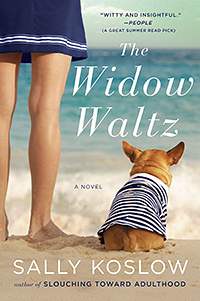 Books you're an evangelist for:
Books you're an evangelist for:
I am a pro bono publicist for Major Pettigrew's Last Stand by Helen Simonson and The Art of Civility by Amor Towles, novelists of whom I am deeply envious.
Book you've bought for the cover:
Recently I stopped dead in a bookstore in front of Boy, Snow, Bird by Helen Oyeyemi. The cover features a design of roses and a snake intertwined with elegant black upper-case serif type set against a shade of circa-1940 green. I know from my years in magazines that green is tricky for covers, but I fell in love with this book on sight. The downside of today's reading habits is, to borrow a magazine term, a lowered pass-along factor, because the cover of what someone is enjoying on an e-reader doesn't draw in secondary readers. Boo.
Book that changed your life:
At 11, I read The Diary of Anne Frank. This led me to look at my parents' copy of The Rise and Fall of the Third Reich by William L. Shirer. Since then, compelling books about the Holocaust always cry out to me: Mila 18 by Leon Uris, The Book Thief by Markus Zuzak, Every Man Dies Alone by Hans Fallada, Those Who Save Us by Jenna Blum, City of Women by David R. Gillham and many more.
Favorite line from a book:
Kill me now, but as I was sitting at a funeral I thought, "When I imagined my funeral, this wasn't what I had I mind." A whole story fell in place around this line: The Late, Lamented Molly Marx, my second novel.
Book you most want to read again for the first time:
The week of my bat mitzvah, I started Gone with the Wind, got sucked into Margaret Mitchell's fictional world, stopped practicing my Torah portion and felt less guilty about that than I should, because I learned how absorbing a novel could be.
Book you'd read to a child:
The Pout-Pout Fish by Deborah Diesen. Mature vocabulary, catchy rhyme and a message not to "spread the dreary-wearies all over the place." I can think of many adults who could benefit from this book.
Book Brahmin: Sally Koslow
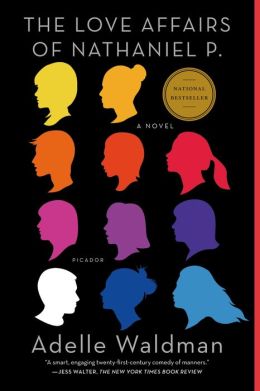



 Following many years of reporting for and editing magazines, including serving as editor-in-chief of McCall's,
Following many years of reporting for and editing magazines, including serving as editor-in-chief of McCall's,  Books you're an evangelist for:
Books you're an evangelist for: